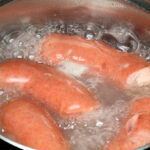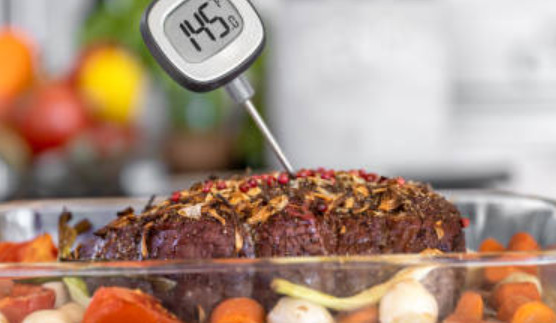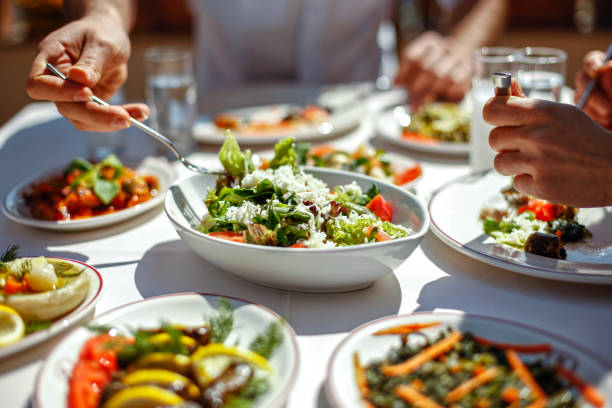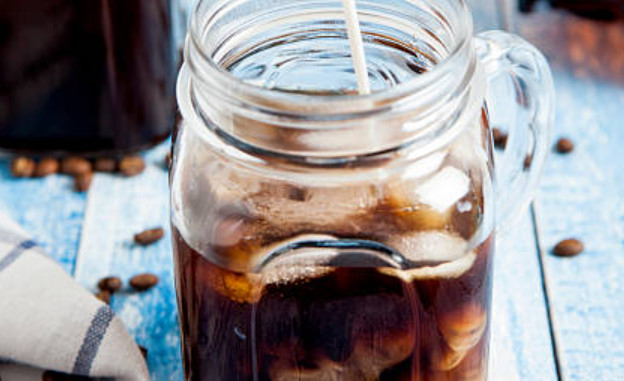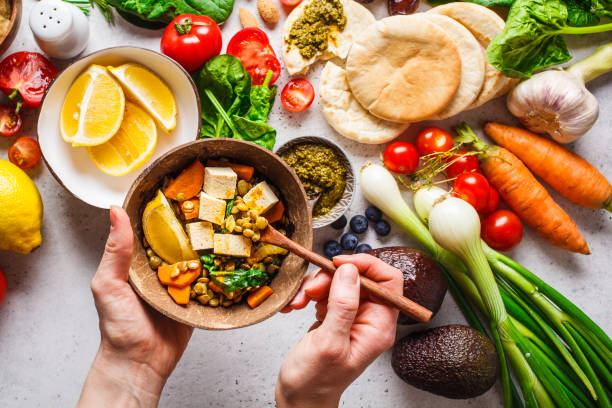How Many Apples In A Pound? | Helpful Conversion For You
When it comes to cooking, baking, or just enjoying fresh fruit, knowing the weight of what you’re working with can turn a guessing game into a science. This is particularly true for apples, a staple in diets, cuisines, and cultures around the globe. The question of “How Many Apples in a Pound?” is more than just a query—it’s a doorway to understanding better shopping, cooking, and eating habits. With apples being integral to a plethora of recipes, from the humble apple pie to sophisticated gourmet dishes, the ability to accurately measure or estimate their quantity is invaluable.
In this comprehensive guide, we’ll peel back the layers of this seemingly simple question to reveal the depth of knowledge needed to answer it accurately. Whether you’re a seasoned chef, a home cook, or someone with a keen interest in nutrition, this article will equip you with the insights to make informed decisions about apple quantities, varieties, and their respective weights. We’ll explore the factors that affect an apple’s weight, including size, variety, and density, and provide practical tips for estimating how many apples you’ll need for your next culinary project.
Join us as we delve into the fascinating world of apples and uncover the knowledge needed to navigate your way through recipes and grocery aisles alike with confidence. Discover why understanding the weight of apples is more than a mere detail—it’s a crucial component of culinary expertise that can elevate your cooking and shopping experience. Let’s embark on this juicy journey together, and by the end, you’ll never look at apples—or their weight—the same way again.
Contents
How Many Apples in a Pound?
On average, each apples weighs about 0.33 pounds, so for every pound there are usually about 3 apples.
Factors Affecting Apple Weight
Apples, like us humans, come in diverse sizes. Variety and size are key factors determining apple weight.
Let’s explore what makes some apples heftier than others:
Variety
Apples fall into different variety groups, each with typical size ranges:
- Small: Rockit, Lady Alice
- Medium: Gala, McIntosh
- Large: Honeycrisp, Granny Smith
For example, little Rockit apples often weigh around 5 ounces. Compare that to a giant Honeycrisp which can be over 1 pound.
Size
Even within a single variety, individual apples can vary in size.
A small Granny Smith may be 6 ounces while a larger one is 8 ounces. When estimating apple counts, individual sizes matter.
Density and Water Content
Apples are made up of different amounts of flesh, air pockets, and water.
Denser varieties with higher water content tend to weigh more.
Let’s compare two popular apples:
| Apple | Density | Water Content | Weight |
| Granny Smith | Dense | High | Heavy |
| Gala | Airy | Low | Light |
Like apples on a seesaw, the dense, juicy Granny Smith sinks down as the airier Gala rises up.
Growing Conditions
The invisible forces of sun, water, and soil shape apple weights during their growing season.
Ideal conditions yield optimally-sized, heavier fruits compared to less ideal circumstances.
Ripeness
As apples ripen, they lose water and become lighter.
A ripe apple may weigh less than an unripe counterpart of the same variety and size.
Beyond the Average
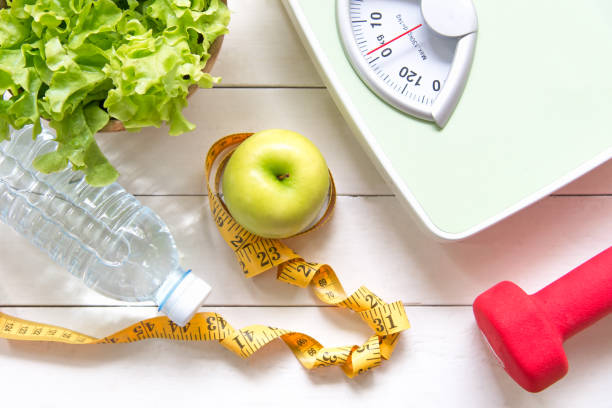
While the average apple weighs around 0.33 pounds, relying solely on this ignores fascinating variability.
For a more intuitive estimate, use visual guides comparing apple sizes to familiar objects.
A McIntosh may be baseball-sized while a Rockit is golf ball-sized. Those analogies convey the weight difference intuitively.
Practical Tips
Here are two straightforward ways to estimate apple counts per pound:
- Read the package: Check the weight printed on an apple bag, then count the apples inside for a quick per-apple weight calculation.
- Visual comparison: Hold an apple beside a tennis ball or other object of known weight to gauge its rough weight.
Bonus: Apple Weight in Action
Let’s explore how apple weights matter in different contexts:
- Baking: When substituting apples in recipes, consider size and density. Understand how this affects moisture levels.
- Juicing: Estimate your juice yield using average apple weights. Bigger, denser apples will produce more juice than smaller varieties.
Conclusion
Understanding apple weights involves much more than a simple number. It’s a journey into the diverse world of apple varieties and the many factors shaping them. So the next time you grab an apple, appreciate the nuances behind its unique weight. Let this guide help you unravel the weighty question: “How many apples in a pound?”
https://bamboowokmanvel.com/food-drink/cooking-recipes/
Harmony Saunders is the CEO and founder of Bamboo Wok, a family-owned and operated Chinese restaurant that has been serving the Manvel, Rosharon, and Alvin communities for more than nine years. Our delicious dishes are made from scratch with the best ingredients, vegetables are fresh cut daily in our kitchen, and poultry is delivered every two days.
So whether you’re craving Chinese food for the family or need catering for your next event, please give us a try! We know you won’t be disappointed with our fresh, authentic Asian fare.





